The greatest battle in our lives is to transform our trauma, pain and suffering into our strengths. Resiliency comes from vulnerability. And when we transform our pain into power, we can inspire and help others to heal and transform. This is the path of a wounded healer.
Who is a wounded healer?
The concept of the wounded healer was developed by psychiatrist Carl Jung and was inspired by ancient Greek mythology. The concept describes psychoanalysts who treat or ‘heal’ patients because they themselves are psychologically and emotionally wounded. Although the concept was initially developed for psychoanalysts, it can be effectively applied to anyone, in any profession, especially caregivers.
But what does wounded healer mean? Anyone who has experienced adverse life events or is traumatized but chooses to help, inspire or serve others is a wounded healer. However, some healers may still struggle with healing their own issues even if they help others overcome the same problems. They are passionate, and may even be obsessed, with helping others heal so that they can avoid healing themselves. In their unconscious mind, they believe that they can heal and feel loved & safe only if they can heal others. However, this barely heals the wounds of the healer.
Related: 9 Signs You Were Born To Heal

“Often people become healers through personal suffering. Each person, wounded or not, needs to understand his or her own need to be nurtured,” and practice self-awareness and self-care, explains a study. Sadly, wounded healers believe they have addressed the trauma and emotional pain and hence, avoid self-care.
One 2017 study explains that acknowledging and exploring our wounds can be beneficial. “In embracing our own woundedness, we can offer a deep presence that only comes from awareness that our wounds are what make us who we are and connect us to others,” it states. It is only by being present and mindful with ourselves can we identify our wounds and heal ourselves.
Wounded healer in psychology
The clearest wounded healer definition can be found in Carl Jung’s concept of the wounded healer. Swiss psychiatrist and psychoanalyst Carl Jung coined the term “wounded healer” in 1951. Inspired by the ancient Greek mythology of Chiron, Jung developed this fundamental archetype as he believed that deep emotional and spiritual wounds are perhaps the best way to train a healer.
“The wounded healer is an archetype that suggests that a healer’s own wounds can carry curative power for clients,” states a 2012 study. Jung believed that these healers use their own wounds to improve empathetic understanding and heal others. This means that the healers may be consciously self-aware of their personal wounds and have made some progress in recovering from their wounds.
Related: How Childhood Wounds End Up Haunting You, Even In Your Adulthood
However, their emotional wounds may get triggered at times, when they are interacting or dealing with others with similar experiences. As the healer becomes affected by the other person’s suffering, they unconsciously or consciously try to help the other person by sharing their awareness and helping them heal. When helping others, wounded healers do not act superior to the people they are healing, rather they see them as equals and walk with them through their struggles.
Jung’s construction of the wounded healer archetype was positive, as wounded healers have “great empathy and transformative power” and are motivated by their own suffering. “For Jung, ‘It is our own hurt that gives the measure of our power to heal’,” explains a 2021 study. The healers, who are typically insightful and intuitive, inspire others on their healing journey. However, some researchers believe that wounded healers may transfer their own unmet emotional needs onto the people they try to heal. Moreover, such healers are at increased risk of “vicarious trauma” and burnout.”
Wounded healer in mythology
In mythology, a wounded healer is someone who “has special healing powers by virtue of their experience of illness.” One study reveals that the notion of the wounded healer is rather old and not necessarily a new phenomenon. According to Greek mythology, healers are “inseparable from their own persistent wounds. The figures of Chiron and Asklepios (Esculapius) are especially prominent as Greek gods and healers who themselves are wounded,” explains the study.
Related: 10 Signs You Have Hidden Healing Powers
Chiron, a god and one of the wisest centaurs, was once wounded by an arrow shot by Heracles. Although the immortal god did not die, the wound from the arrow tipped in Hydra’s blood would never be healed. After learning medicine from Greek gods Apollo and Artemis, Chiron roamed throughout the land healing others even though he suffered from the pain of his own wound. “It was because of his grievous wound that Chiron became known as a legendary healer in ancient Greece,” explain researchers.
Later Chiron helped raise an orphan child named Esculapius and taught him the art of healing others. “It was thus that Esculapius became one of the two founding fathers of Western medicine,” the researchers conclude.

Wounded healer in shamanism
It is believed that shamans often journey into the world of the dead and are tortured by demonic beings. To counter this, they develop a deep connection with different elements of nature and animals which enables them to become healers. Their connection with nature and “animal spirits” liberates them from their emotional, physical and mental pain and trauma.
According to a 2019 study, wounds are considered as a “pathway to knowledge” in shamanism. “The path towards ascendancy to shamanic status is strewn with thorns,” as diseases or illness are seen as a trigger for shamanic calling or spiritual awakening. Shamanic initiation practices involve intense emotional, physical and mental deprivation as pain lies at its core. Individuals who are able to survive the ordeal successfully become shamans and are authorized by their people to heal others.
Related: 29 Signs You Are A Spiritual Healer: The Gift Of Shamanism
“Whatever their initial motivation – personal test, penitence, or duty – these initiatory experiences are so transcendent that those who pass through them have crossed into the collective realm of wounded healers,” adds the study.
Signs you’re a wounded healer
If you are wondering whether you are a wounded healer or not, then here are a few wounded healer signs and characteristics that you should know about –
- You have experienced trauma, abuse, or had adverse experiences in early life
- You are unable to feel healthy internally even when healing others
- You are aware of your complex thoughts and emotions
- You old wounds get triggered when healing someone with the same problems
- You have a clear sense of meaning and purpose in life
- You feel emotionally and mentally exhausted after healing someone
- You are always looking for answers, wisdom, and insight
- You tend to heal people who face similar issues like you (e.g. childhood abuse or addiction)
- You are seen as an advisor by your friends and family when in need
- You often seek external validation and approval for your healing work
- You are naturally inclined to help others from an early age
- You are empathic and absorb your clients’ emotions and issues
- You see challenges as opportunities for growth
- You often give too much of yourself while healing others, even when it’s not necessary
- You have the inner strength to remain calm in chaotic situations
- You find it difficult to deal with criticism from your clients or people you heal
Related: 5 Types of Spiritual Healing And The Dark Side of It

Are you a wounded healer?
Here are some other signs that you may have the wounded healer personality archetype –
- When healing or helping others, you feel like you are healing your younger self
- You always wanted to help others as a child as healing others makes you happy
- You want to be recognized as a healer or a helper, but you are afraid of being seen as only a healer
- You know that suffering and pain has a purpose and one cannot heal without struggles and wounds
- You are often obssessive about healing others and don’t know how to set boundaries
- You fail to realize the importance of letting people heal themselves and do too much to help them
- You help others as a way to cope with your own issues
- You are grateful for what you have been through as you realize that transformation comes through pain
- You believe in self-development and are always working on yourself to become more empathic, caring, kind, loving and open-minded
Related: 7 Chakra Cleansing Herbs For Empaths and Healers
What makes you a wounded healer
So what is the role of the wounded healer? As a wounded healer, you understand the true value of being in the light as you have spent a lot of time blinded by the darkness of suffering. You don’t ignore the dark and difficult aspect of life and focus only on the positive nature of the world. No, you appreciate the difficult phases of life without getting discouraged by it.
You don’t take your work, your relationships, your health or your life for granted. All your suffering and wounds have taught you to be more loving and compassionate instead of being bitter. You are not driven by anger or vengeance, but motivated by kindness and empathy. Your pain is your true power as you were once broken by your trauma. However, instead of allowing your pain to define you, you rebuilt yourself or at least tried your best to rebuild yourself. This has made you stronger and gave you the ability to help those in need.
Being a wounded healer, you are deeply connected to your inner self and your inner energy. However, your intuitive nature makes you sensitive to your external environment which allows you to identify those struggling through pain, like you once did. You heal people who have lost all hope and feel broken beyond repair. You help those who are lost to find their way instead of rejecting and abandoning the weak. You teach people to love their imperfect selves even though you may at times need to realize that yourself.
Wounded healers are empathetic, knowledgeable and inspiring and they can come from anywhere. They can be doctors, caregivers, parents, friends, coaches, mentors or absolutely anyone with a wounded past and a desire to heal others.
Related: 5 Ways To Become A Healer and Not Just A Pain Absorbing Empath

Heal yourself before healing others
Only the noblest with the strongest hearts have the power to heal others. But healing yourself is as important as healing others. So if you are a wounded healer, then understand that healing yourself is a crucial step in the process of helping others overcome their pain.
Instead of spending all your healing energy on others, keep some for yourself. Self-healing should be your primary goal as it will provide you the tools to heal others.
Related: Inner Child Healing: How To Connect With Your Inner Child
Frequently Asked Questions (FAQs):
What is Chiron healing?
Chiron depicts our most painful wounds and our strength to transform such deep wounds into healing. Chiron Healing® focuses on the energy which is present through physical matter, also known as aura or etheric energy.
Was Carl Jung a wounded healer?
The concept of the wounded healer was developed by Jung after being driven by his own past wounds. He believed that the illness in our soul could teach us how to heal ourselves and others.
Was Jesus Christ a wounded healer?
Jesus, the Son of God, was a healer who helped the sick and helped them to see, walk and live. He performed many miracles even though he himself was wounded. In essence, Jesus could be considered a wounded healer.






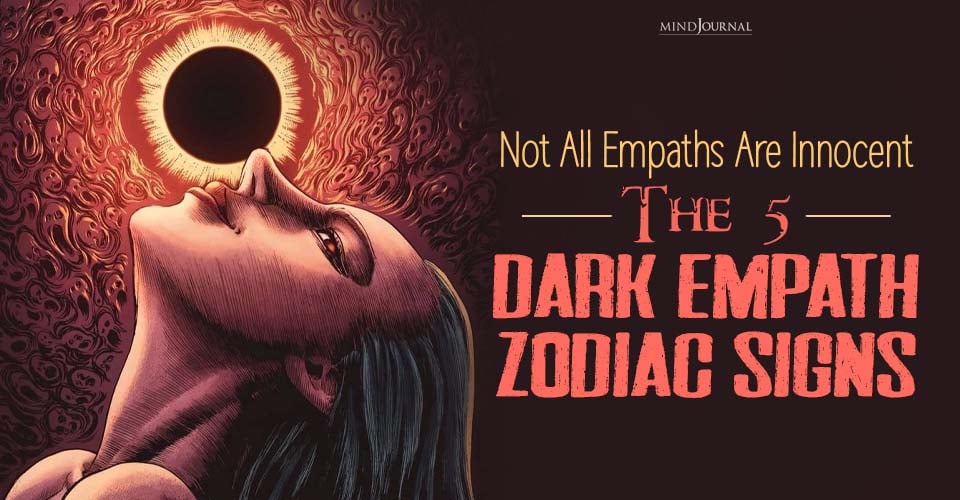
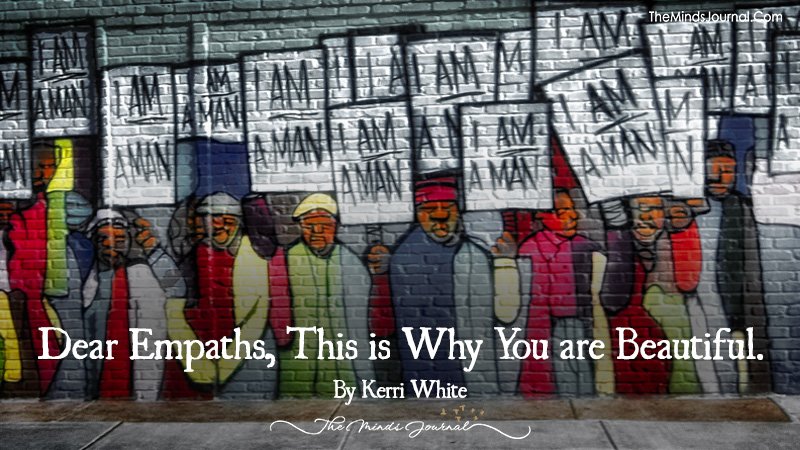
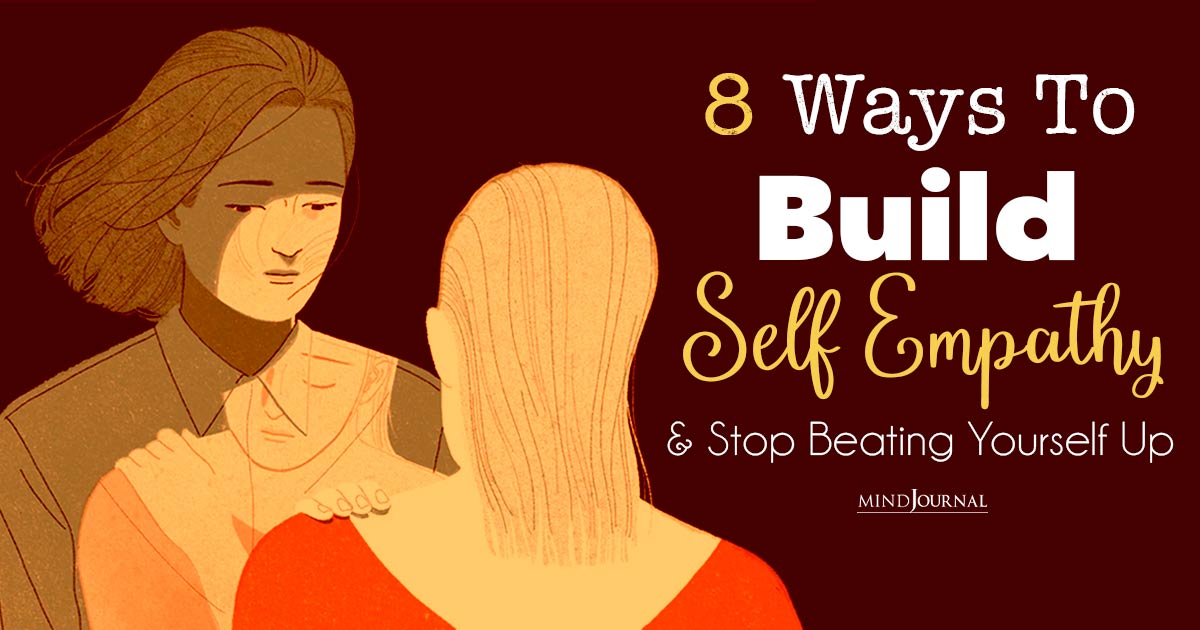
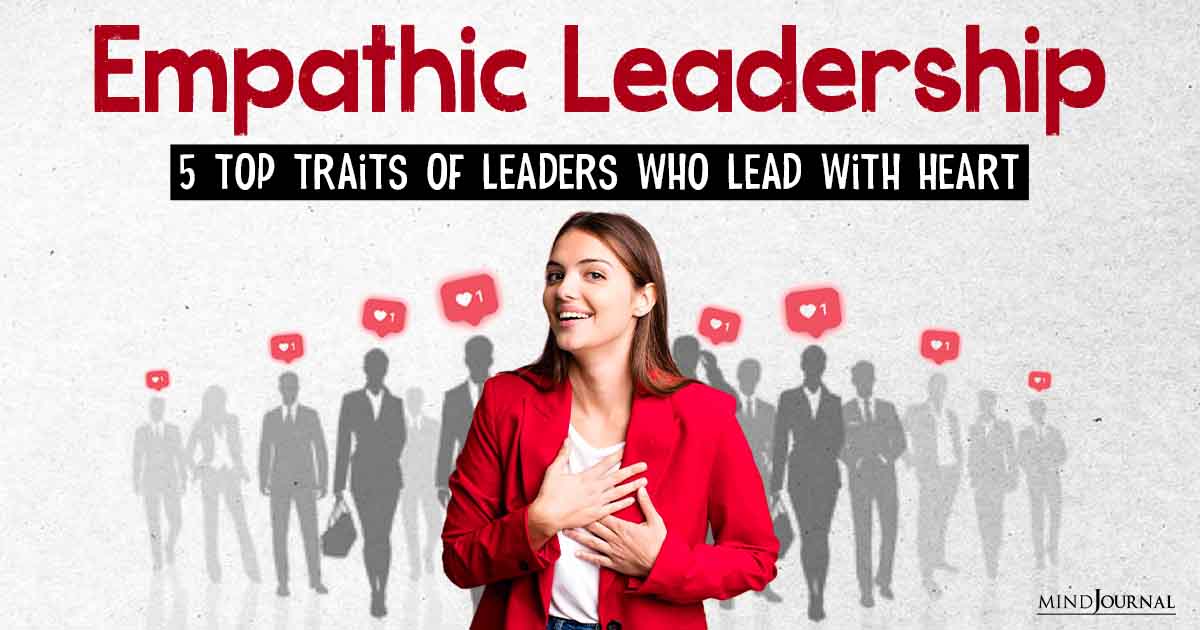
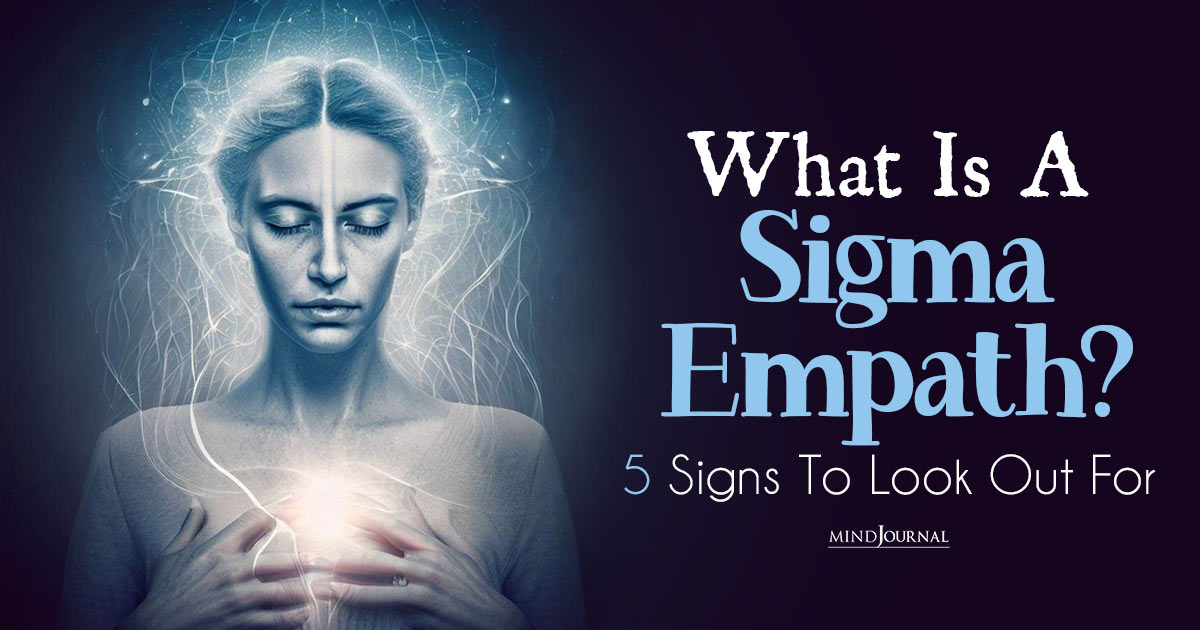
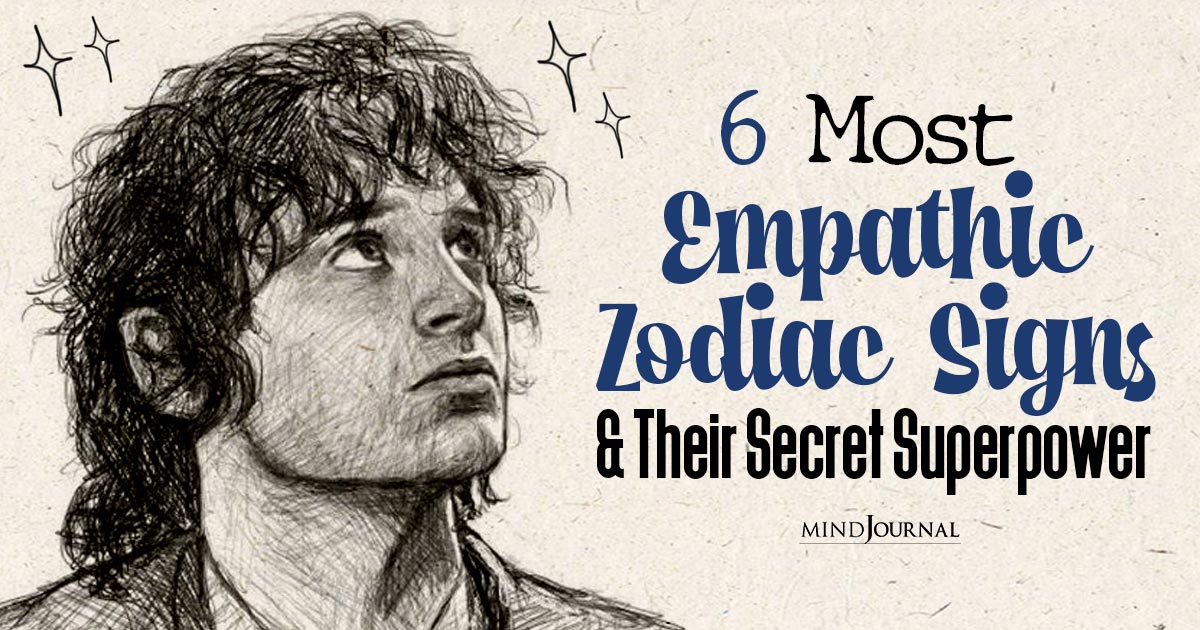
Leave a Reply